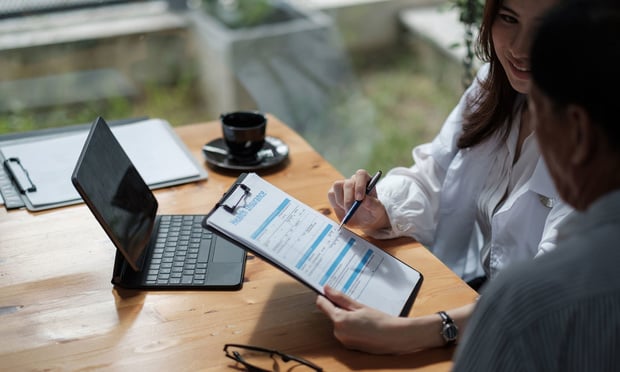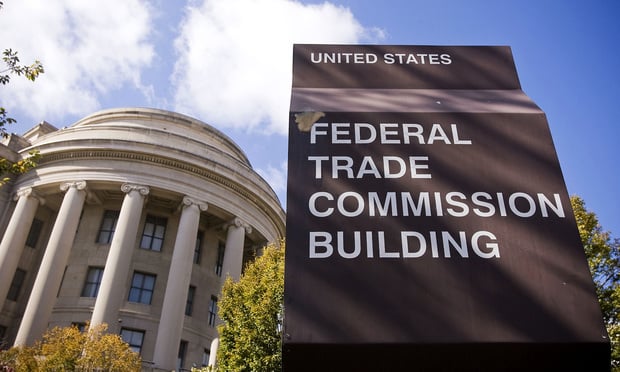Large insurance companies are lobbying the federal government towipe out third-party health insurance premium payers.
|As reported by Kaiser Health News, here’s the basicscenario:
|People living on the fringes of poverty who have high medicalexpenses have been qualifying for health insurance premium subsidies under theAffordable Care Act, but they can’t quite make the remainingmonthly payment. So they seek help from a growing number oforganizations that have set up accounts to help them keep theircoverage so they can get the medical care they need.
|Kaiser Health News offered up examples of several people whohave chronic medical conditions who now have coverage, thanks tothese benevolent groups.
|But the big insurers say it’s unfair. These arrangements aredriving up claims and putting more pressure on insurers that arealready wondering whether they should continue to offer theAffordable Care Act plans.
|One study released by the insurance lobby cites an insurer thatfaced skyrocketing claims from dialysis patients after its clientswith dialysis soared from 28 in 2013 to 186 last year.
|America’s Health Insurance Plans, an insurance trade group, hasbeen hammering Congress and the Centers for Medicare and MedicaidServices (CMS) to eliminate these third-party premium paymentgroups. “In many cases, these practices are harming patients andundermining the individual market by skewing the risk pool anddriving up overall health care costs and premiums,” AHIP saidin Sept. 22 letter to CMS.
|In some cases, the large insurers are going toe-to-toe withmajor hospitals and even social service giants such as the AmericanKidney Foundation and United Way.
|Kaiser Health News cited the case of HealthConnect in Madison,Wisconsin, a third-party payment group set up by the United Way ofWisconsin’s affiliated hospital, UW Health.
|The “fund” created by UW Health is administered by HealthConnectand supports the health plans of hundreds of people who find itdifficult even to pay the lower subsidized premiums. While the funditself isn’t huge ($2 million), insurers point out that thosesubsidies can trigger millions in claims from people with costlytreatment programs. And, insurers fear, as these organizationsproliferate because of the social service missions of nonprofits,insurance profits are going to take ever larger hits.
|But the issue will likely be another hot potato pushed off intothe new president’s lap. CMS, which controls the federal responseto the matter, has told insurers it has taken the complaints underadvisement and will get back to them later.
Complete your profile to continue reading and get FREE access to BenefitsPRO, part of your ALM digital membership.
Your access to unlimited BenefitsPRO content isn’t changing.
Once you are an ALM digital member, you’ll receive:
- Critical BenefitsPRO information including cutting edge post-reform success strategies, access to educational webcasts and videos, resources from industry leaders, and informative Newsletters.
- Exclusive discounts on ALM, BenefitsPRO magazine and BenefitsPRO.com events
- Access to other award-winning ALM websites including ThinkAdvisor.com and Law.com
Already have an account? Sign In
© 2024 ALM Global, LLC, All Rights Reserved. Request academic re-use from www.copyright.com. All other uses, submit a request to [email protected]. For more information visit Asset & Logo Licensing.








